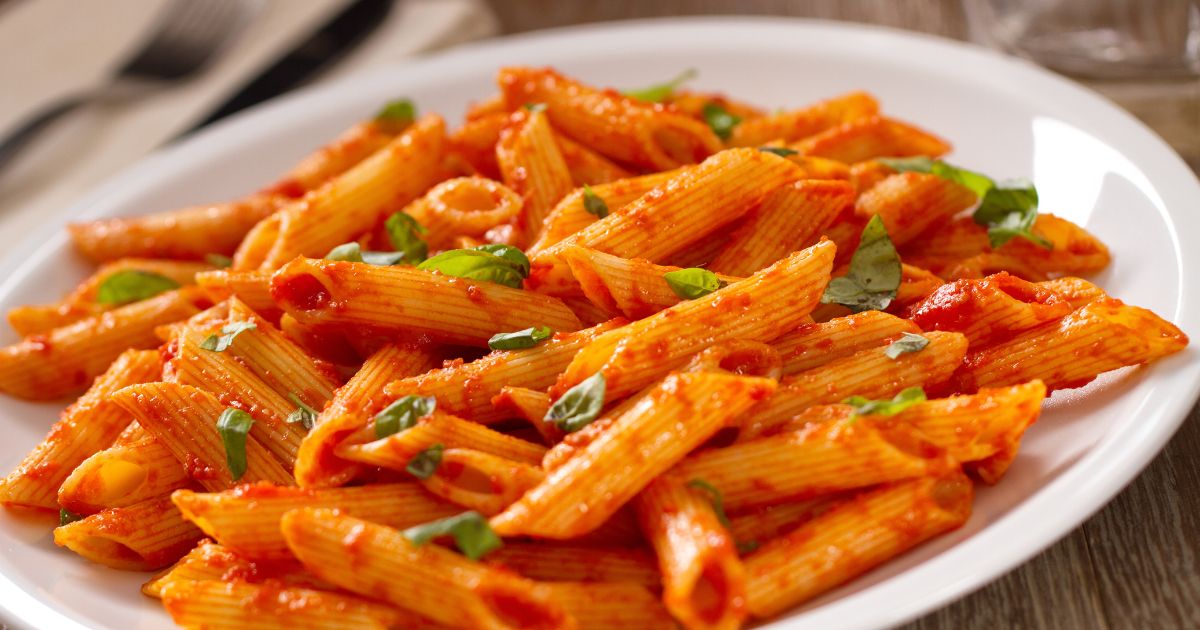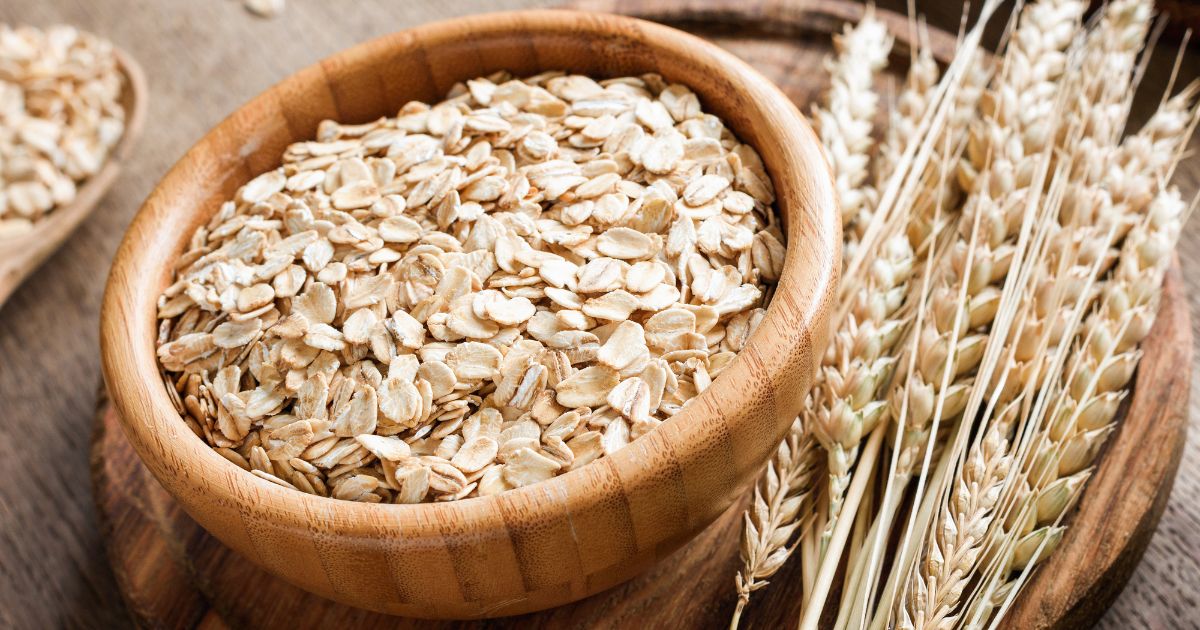Eating the right foods is essential for heart health, as well as many other functions in the body. That said, many people are unaware of the foods that can harm their cardiovascular health. This article will cover 8 foods that are bad for your heart health. With heart disease being the leading cause of death worldwide, it is essential to know what foods are bad for your heart to make educated decisions and lower your risk of developing cardiovascular disease.
1. Food High in Sodium
In many parts of the world, salt consumption significantly contributes to hypertension and cardiovascular disease. In adults, high blood pressure is the leading cause of mortality. Around half of all fatalities from heart disease and more than 60% of all stroke deaths may be attributed to it. Numerous studies have demonstrated a strong link between salt consumption and high blood pressure.
2. Processed Meat
Salami, hot dogs, fast food hamburgers, and other processed meats are notorious for their high levels of unhealthy saturated fat. Additionally, processed meats have a lot of salt in them, which makes them even worse for your heart health. This high sodium content is primarily due to the curing process, which allows the meats to last so long. People with a heart condition should avoid this food at all costs. Cure meats can contribute to hypertension due to their high sodium content. Furthermore, hypercholesterolemia may develop.
3. Trans Fats
Trans fat, or trans fatty acids, is an unsaturated fatty acid that can increase your risk for heart disease and other health complications. This type of fat is created through an industrial process called hydrogenation, which adds hydrogen to liquid vegetable oils to make them more solid. This process increases the shelf life and flavour stability of foods but also creates trans fats. These fats raise your “bad” cholesterol (LDL) levels while lowering your “good” cholesterol (HDL), increasing your risk of stroke and heart attack.
Eating foods with high amounts of trans fat can also cause inflammation and increase the risk of developing diabetes. This type of food can be hazardous, particularly for people in recovery whose cholesterol levels are all over the place. Therefore, you need to address your eating habits if you are recovering.
4. High-fructose corn syrup
A high sugar diet can have a very negative effect, not just on the heart, but other parts of the body as well. A recent study found that systolic and diastolic blood pressure increases when people consume a lot of sugar. Additionally, drinking even one sugary beverage daily is linked to an 8 percent increased risk of heart disease. Due to increased sugar levels, sodium accumulation within a cell may cause calcium buildup. That can cause blood pressure to drop as a result of vasoconstriction, which can lead to a host of other issues. In the United States, high fructose corn syrup is present in almost all shelf foods. Not only that, but the food that has it is usually the cheapest. It can be hard to keep sugar levels low if you are on a budget.
5. Deep-Fried Food
Deep-fried foods, although delicious, are among the foods that are bad for your heart health. Deep-frying involves submerging food in hot oil, often high in saturated and trans fats. Eating deep-fried foods can raise your cholesterol levels and increase inflammation throughout the body. Studies have shown that deep-fried food can even harm the gut biome. That said, eating any fried food can strain your cardiovascular system and lead to an increased risk of developing heart disease or stroke. To be safe, limit the amount of fried food you consume daily and look for healthier cooking methods like baking or roasting instead.
6. Red Meat
Most people know that consuming an excessive amount of red meat is harmful to cardiovascular health. Similarly to trans fats, saturated fats, such as those found in red meat, are linked to increased levels of “bad” cholesterol and a higher likelihood of cardiovascular disease. Additionally, consuming large amounts of red meat increases the risk of developing diabetes and systemic inflammation. Sodium and other preservatives commonly found in red meat can also be hard on the heart. Eat less red meat and more fish and poultry to be safe.
7. High-Fat Dairy Products
High-fat dairy products like whole milk, butter, and cream can harm your heart health. These products are full of saturated fats, which can increase cholesterol in the body and raise the risk of stroke and heart attack. Regularly eating high-fat dairy can also lead to inflammation, increasing your risk of developing cardiovascular diseases. To be safe, limit the amount of high-fat dairy you consume and opt for low-fat versions of these items instead. Additionally, look for other protein sources, such as lean meats or beans, that don’t contain excessive fat or sodium.
8. Soft Drinks
Most people are unaware of how much sugar is in soft drinks. A typical soda can has around 35g of sugar in just 330ml. Regularly drinking this type of beverage can lead to diabetes. Additionally, the caffeine in many soft drinks can also be detrimental to health, leading to increased blood pressure and an irregular heartbeat. Finally, certain types of soft drinks may contain chemicals and preservatives which can harm the body. To be safe, limit your consumption of soft drinks and opt for healthier choices such as water or unsweetened tea or coffee instead.
Conclusion on Foods that are Bad for Your Heart Health
As more evidence links poor diet to cardiovascular illness, paying attention to our food is becoming more critical. Hopefully, now that you know the 8 foods that are bad for your heart health, you will make better choices in the future.




